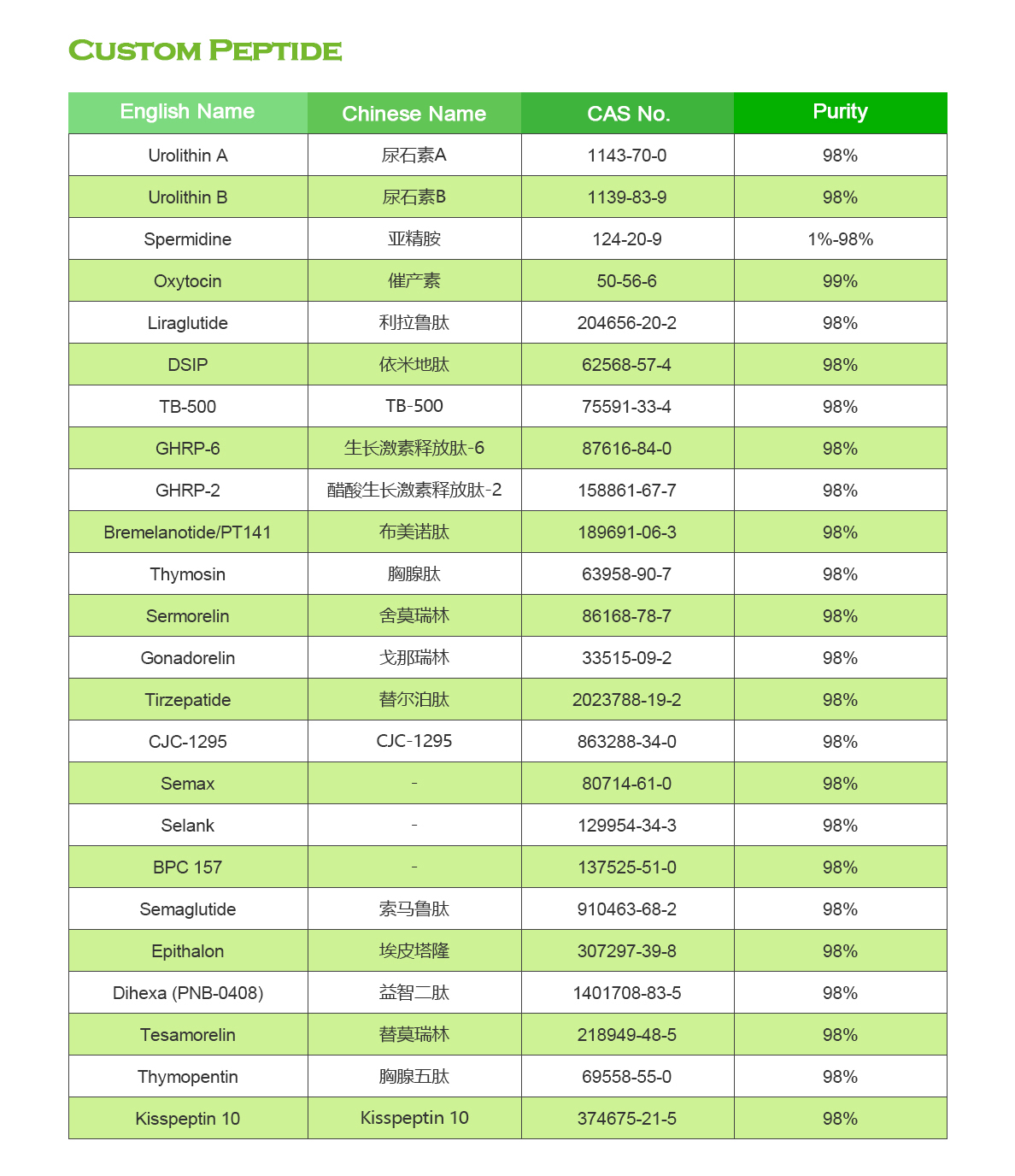BPC-157, or Body Protection Compound-157, is a synthetic peptide derived from a portion of a naturally occurring protein found in the stomach. It has gained attention for its potential therapeutic effects, primarily in promoting healing and reducing inflammation. However, it’s important to note that research on BPC-157 is still in its early stages, and much of the available information comes from animal studies and anecdotal reports. Here’s a brief overview of its effectiveness, potential side effects, and special considerations:
Effectiveness of BPC-157:
1.Wound Healing and Tissue Repair:
BPC-157 has shown promise in promoting the healing of various tissues, including tendons, ligaments, muscles, and the gastrointestinal tract.
Animal studies suggest that it may accelerate healing and reduce inflammation.
2.Gastrointestinal Health:
BPC-157 may have gastroprotective effects, potentially helping with conditions such as gastric ulcers and inflammatory bowel disease.
Some studies indicate that it might promote the healing of the gastrointestinal lining.
3.Anti-Inflammatory Effects:
BPC-157 may have anti-inflammatory properties, contributing to its potential therapeutic effects.

Side Effects of BPC-157:
1.Limited Human Studies:
Most of the available data on BPC-157 comes from animal studies, and there is a lack of robust clinical trials in humans.
The long-term safety and potential side effects in humans are not well-established.
2.Injection Site Reactions:
BPC-157 is typically administered through injections, and users may experience discomfort or irritation at the injection site.
3.Interaction with Other Medications:
As with any supplement or peptide, it’s important to consider potential interactions with other medications. Consultation with a healthcare professional is advisable.
Special Considerations of BPC-157:
1.Dosage and Administration:
BPC-157 is often administered through subcutaneous or intramuscular injections.
Dosage recommendations can vary, and it’s crucial to follow guidelines or recommendations provided by healthcare professionals.
2.Legal and Regulatory Status:
The legal and regulatory status of BPC-157 can vary by country. It’s essential to be aware of the legal status and regulations in your location.

3.Limited Clinical Evidence:
While there is some preliminary evidence suggesting potential benefits, the lack of extensive human clinical trials makes it challenging to draw definitive conclusions about its efficacy and safety.
4.Caution and Consultation:
Individuals considering the use of BPC-157 should exercise caution and consult with a healthcare professional before starting any supplementation. Medical supervision is particularly important due to the limited data on its safety in humans.
In summary, while BPC-157 shows promise in various aspects of healing and tissue repair, more research, especially in human trials, is needed to establish its safety and efficacy conclusively. Individuals should approach its use with caution and under the guidance of a healthcare professional.
